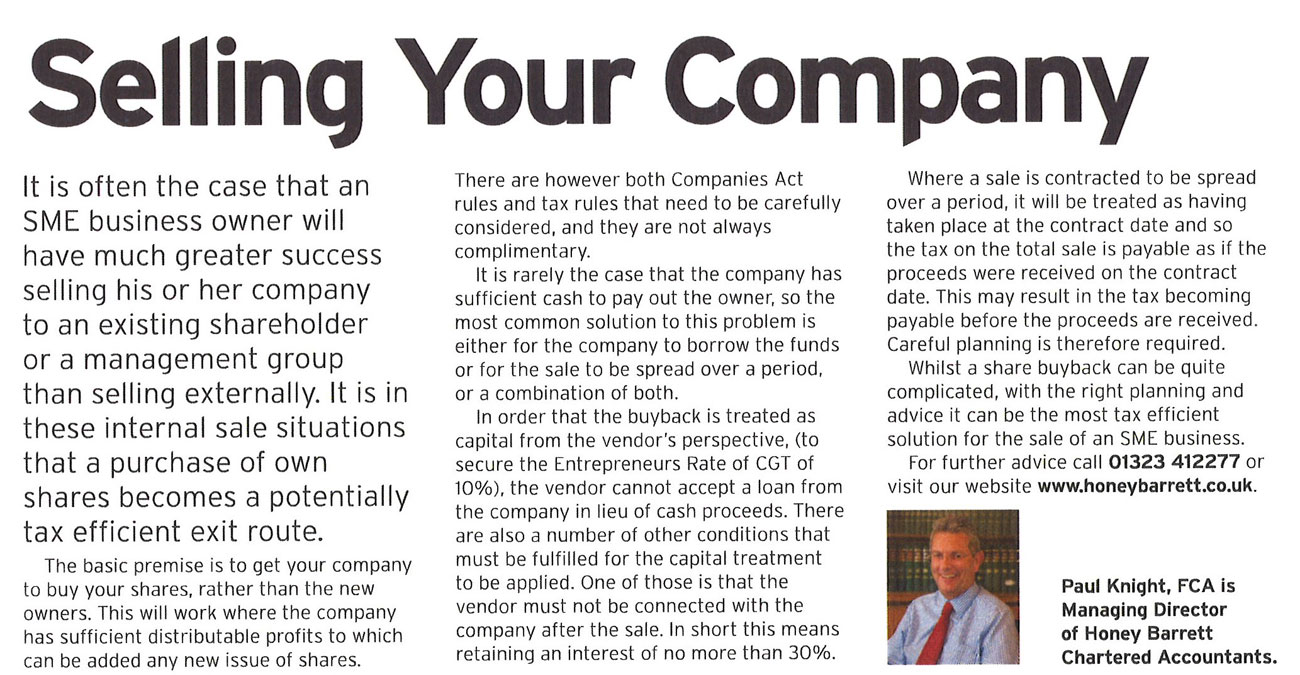

They never got out of their timeshare contract. They contacted the Bellevue, Washington-based company off Ramsey's endorsement and were told it'd cost them $40,000 for their services.
Signpost company article full#
But Ramsey said there was a way out of their timeshare contracts, just one way out: the Timeshare Exit Team, which he said would give them a full refund if it couldn't get them out of their financial obligations. Roseanne Morrill, a frequent listener of Christian financial advisor Dave Ramsey's radio show, later heard him talk about how timeshares were a rip-off. They bought points from a timeshare company to do so, which they later realized was a mistake. “We think the winner here will have to be focused to really nail it.After 40 years running their family-owned pharmacy in Washington, Douglas and Roseanne Morrill made plans to travel the world. “Finding ways to leverage customer relationships is a big initiative and businesses have a huge appetite,” Wall says. So Signpost will use its millions to invest heavily in its product and technical teams, as well as some marketing-but grass-roots, no Super Bowl ad anytime soon.
Signpost company article software#
There’s the big players like Salesforce and Oracle, but companies like IPO-bound MindBody, another scheduling software tool, are moving in, too.

But Wall knows that Square won’t be the last company to converge closer to Signpost’s product as software providers to merchants look to new revenue opportunities in marketing. Companies like Booker, a small business scheduler, could be a future fit. Signpost doesn’t partner with Square, but it could look to additional integrations with point-of-sale companies and inventory trackers to improve its own data and exposure to new customers. Wall calls Square’s interest in marketing “exciting” and good for the industry to tie transactional data to marketing in the future. Signpost hopes it’s different because those services still require the customer to take proactive steps to send out their own emails and campaigns, Wall says, compared to the automated ones Signpost manages directly from New York and offices in Austin and Denver. Then there’s Square, Jack Dorsey’s payments company with the $6 billion valuation that announced in early April it was moving into marketing for stores transacting over its software, breaking customer bases into several broad categories of purchaser type to try to drive more to become loyal repeat shoppers. Services like HubSpot offer templates for outbound marketing, while companies like MailChimp and the 17-year-old Constant Contact specialize in leveraging an email database. But there are an increasing number of other options wooing the same dollars. The typical Signpost customer company spends an average of $1,000 on marketing each month, Wall says, largely to Google through AdWords and display advertising he argues is less effective. Signpost also manages tactics like referrals and customer feedback. Then Signpost’s software taps into the business’s phone and email directories, credit card customer base and social media interactions to build one master data set that it believes knows better than anyone who best will respond to a discount or a reminder of a sale. The owner just sets specific sales goals and some ground rules, like whether text messaging is fair game and what kind of loyalty offers the store would be willing to use. What makes Signpost so helpful to a business, its CEO argues, is that it improves marketing performance while taking all the time cost and tactical decision making out of a busy store owner’s hands. “Their relentless drive has built a significant business in perhaps the most competitive space on the planet: local,” Calacanis says.

Impressed by Wall enough to write a check, the investor watched Signpost evolve to build what local businesses said they really needed.

The company has an $8 million run rate off 98% monthly customer retention and 85% profit margins and has grown 2.5x in the past year.Ĭalacanis first invested in 2010, when Signpost was tackling a different idea. While Signpost initially targeted small and medium businesses, it’s now after the broader “B2C” market of any store that sells to individual consumers.


 0 kommentar(er)
0 kommentar(er)
